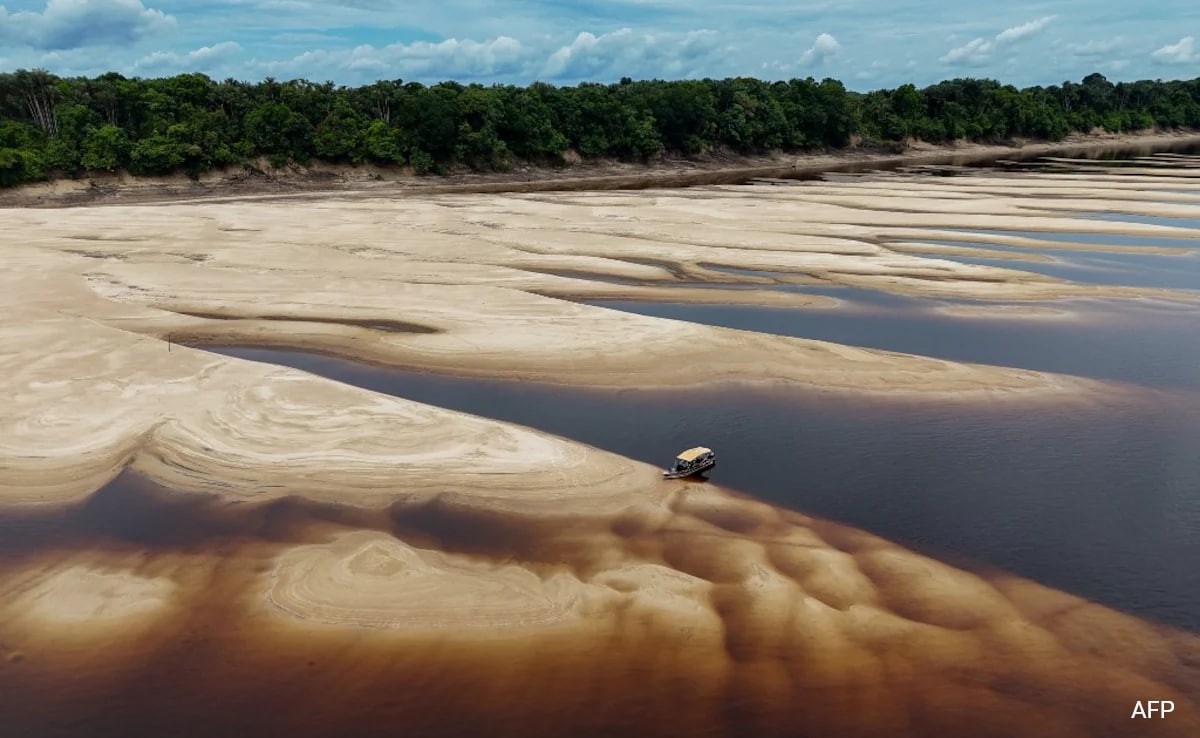
Brazil Is Losing Surface Water To Climate Change, Land Conversion
- 21.03.2025 05:54
- ndtv.com
- Keywords: Climate Change, Land Conversion
Brazil is losing surface water due to climate change and land conversion, especially in the Amazon, which holds two-thirds of its freshwater reserves. This loss threatens global climate regulation and freshwater availability.